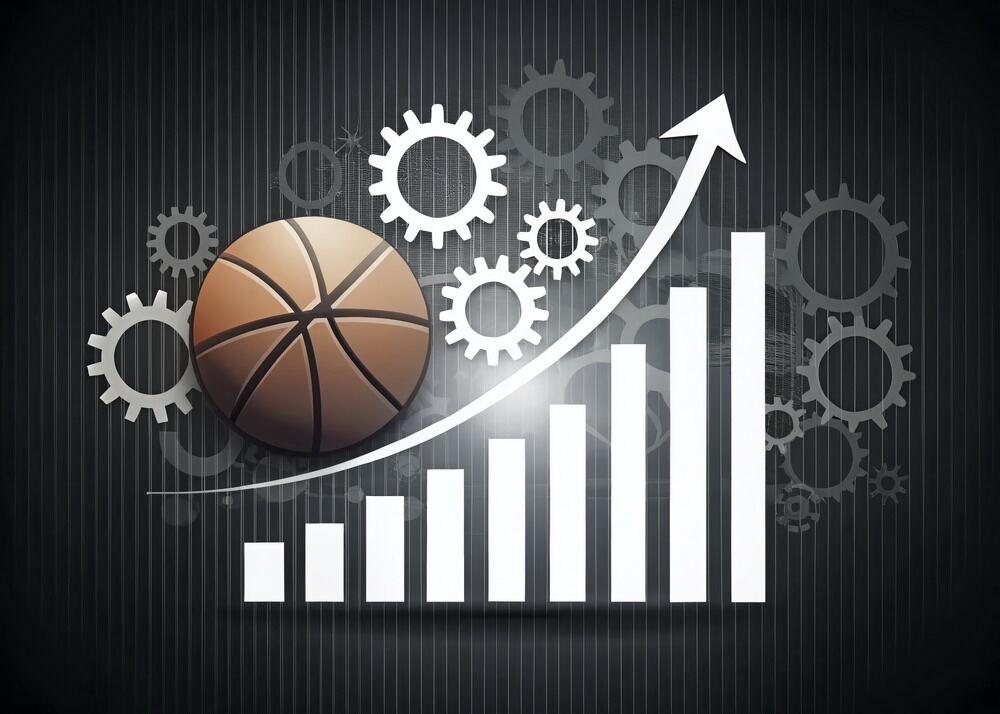Every industry has its software, right? Sports marketing is no different. Sports teams, promoters, and venues have relied on a variety of software products to do what they do. But in recent years, organizations like KORE have developed more comprehensive sports marketing software platforms that make a significant difference in the digital era.
KORE’s software solutions are essentially the result of combining the digital transformation with big data. What they have come up with has impressed the sports and entertainment industry worldwide. If sports and entertainment are your industry, taking a look at KORE is worth your while.
This post is not specifically about KORE, so let’s move on to the broader topic of sports marketing software and why it makes a difference. It is not a stretch to say that teams and promoters whose software is not up to par are at risk of falling behind.
A Ton of Moving Parts
Sports marketing is by no means a simple task. It includes a ton of moving parts that all need to be managed simultaneously. In addition, there are countless tasks that need to be completed in a cascading process to get from start to finish. It is a lot to keep track of.
This brings us to the first point of investing in a modern sports marketing platform: administrative automation. A good package has built-in automation capabilities to take some of the load off human team members. Good candidates for automation include online registration, payment processing, facility reservation, and schedule management.
Task automation is just the start of it. With a modern sports marketing package, all those moving parts are easily manageable through an integrated dashboard. The dashboard offers an all-in-one environment that provides easy access to everything related to administration.
Above and Beyond Administration
Improving administration with modern sports marketing software makes an enormous difference all by itself. But good software goes above and beyond administration. It enhances fan engagement, improves the sponsorship sales process, and provides a ton of data useful both on and off the field of play.
Here are just a few examples:
1. Data for Sponsors
Sports marketing relies heavily on sponsorships to make financial ends meet. But selling companies on sponsorship deals isn’t a given. Potential sponsors need data demonstrating the promise of a good return on investment. Without data, selling sponsorships is nearly impossible.
Modern sports marketing software is capable of gathering and analyzing the exact data sponsors need to satisfy their concerns. Then they are capable of making data-driven decisions that lead to regular investments.
2. Enhanced Fan Engagement
Both sports teams and sponsors want to see strong fan engagement. Engagement goes a long way when the on-field product is good. But sports marketing software can further enhance engagement. How so? By improving the fan experience.
Integrating software with ticketing systems can make purchasing and transferring tickets as convenient as ordering food online. Meanwhile, data gathered from ticketing systems helps both sports teams and sponsors better understand target audiences.
3. Analytics Capabilities
Every step of the way, teams and sponsors need to know whether their strategies are succeeding. They rely heavily on data and analytics to guide them. Fortunately, modern sports marketing software is built with data and analytics at the forefront.
It is entirely possible for a sports team to continue doing business with legacy software. But any team that wants to compete in the digital era really needs a modern sports marketing software platform hosted in the cloud and capable of delivering data and tools in a centralized environment. That’s just the reality of the industry.

